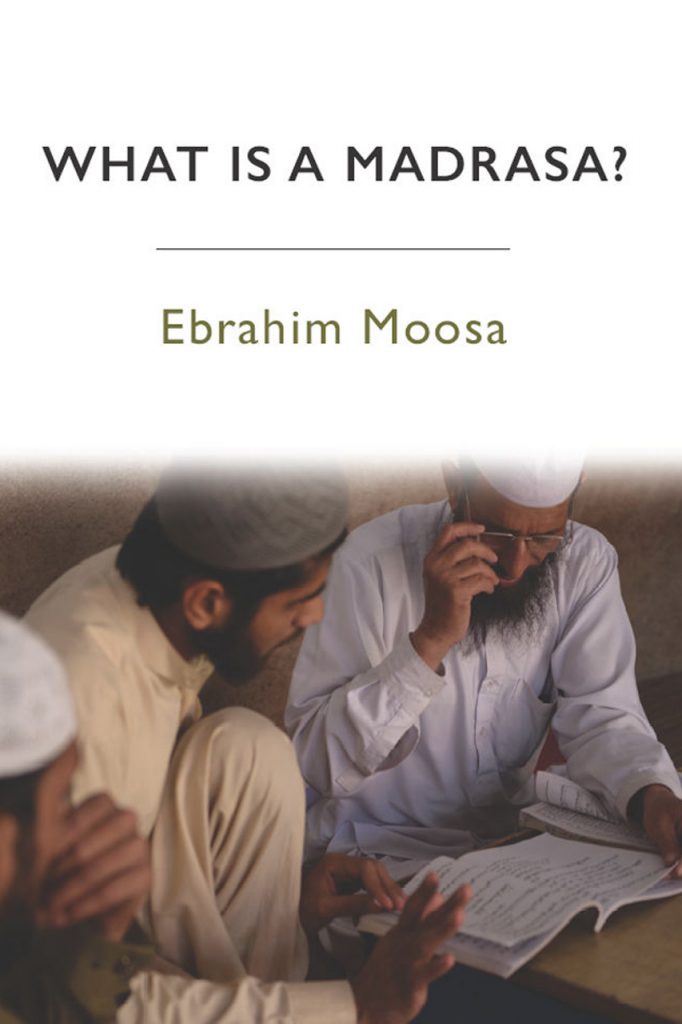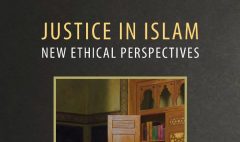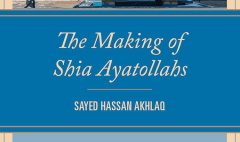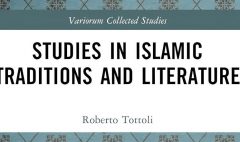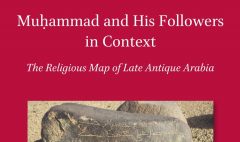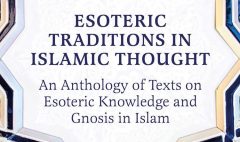What is a Madrasa?
January 15, 2017 2024-05-18 12:01What is a Madrasa?
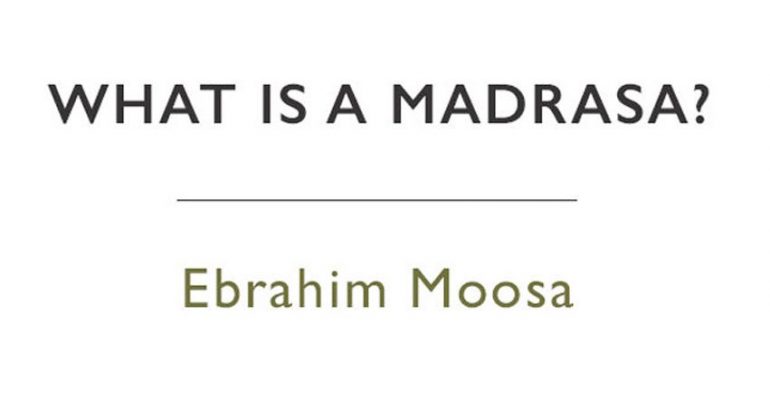
What is a Madrasa?
What is a Madrasa?
Author: Ebrahim Moosa
Publisher: Edinburgh University Press
Publication Date: March 10, 2015
Explains the role of the madrasa in the cultural, intellectual and religious experience of Muslims
The prospects for peace in Afghanistan, dialogue between Washington and Tehran, the UN’s bid to stabilize nuclear-armed Pakistan, understanding the largest Muslim minority in the world’s largest democracy in India, or the largest Muslim population in the world in Indonesia – all require some knowledge of the traditional religious sectors in these countries and of what connection traditional religious schooling has (or not) to their geopolitical situations.
Moosa delves into the world of madrasa classrooms, scholars and texts, recounting the daily life and discipline of the inhabitants. He shows that madrasa are a living, changing entity, and the site of contestation between groups with varying agendas, goals and notions of modernity.
Reading this unique and engaging introduction will provide readers with a clear grasp of the history, place and function of the madrasa in today’s Muslim world (religious, cultural and political). It will also investigate the ambiguity underlying the charge that the madrasa is at heart a geopolitical institution.
Key Features
- Structured clearly around the role and function of the madrasa in the past and the present
- Infuses history, tradition and everyday practice with concrete examples of how the institutions function
- Provides a view of the madrasa from within – the author studied in leading Indian madrasas for 6 years
- Treats madrasas worldwide, with a special focus on those in South Asia
- Includes a glossary of key non-English terms used in the book
About the Author
Ebrahim Moosa is professor of Islamic studies at the University of Notre Dame, with appointments in the department of history and the Kroc Institute for International Studies in the Keough School of Global Affairs. The author of the prize-winning Ghazālī and the Poetics of Imagination (2005), he was named a 2005 Carnegie Scholar.
Reviews
– “A useful introduction to madrasas in India and Pakistan and contributes a South Asian perspective to the rich scholarship on Islamic education.” (Maryam Kashani, Journal of the American Academy of Religion)
– “A work of great effort and detailed scholarship, this book is a fine introduction to contemporary madrasa education.” (Roshan Shah, Wordforpeace.com)
– “A moving and complex portrait of Muslim schools. . . Wide ranging and eminently readable.” (Choice)
– “Riveting…A nuanced and richly textured account of the place and importance of Madrasas in Islam both historically and in the contemporary moment.” (New Books in Islamic Studies)
– “This important book grapples with a large number of complex questions that pertain to the very core of the nature and role of Islam and its 14 centuries of tradition in today’s world.” (Islam and Christian-Muslim Relations)
Source: Edinburgh University Press


